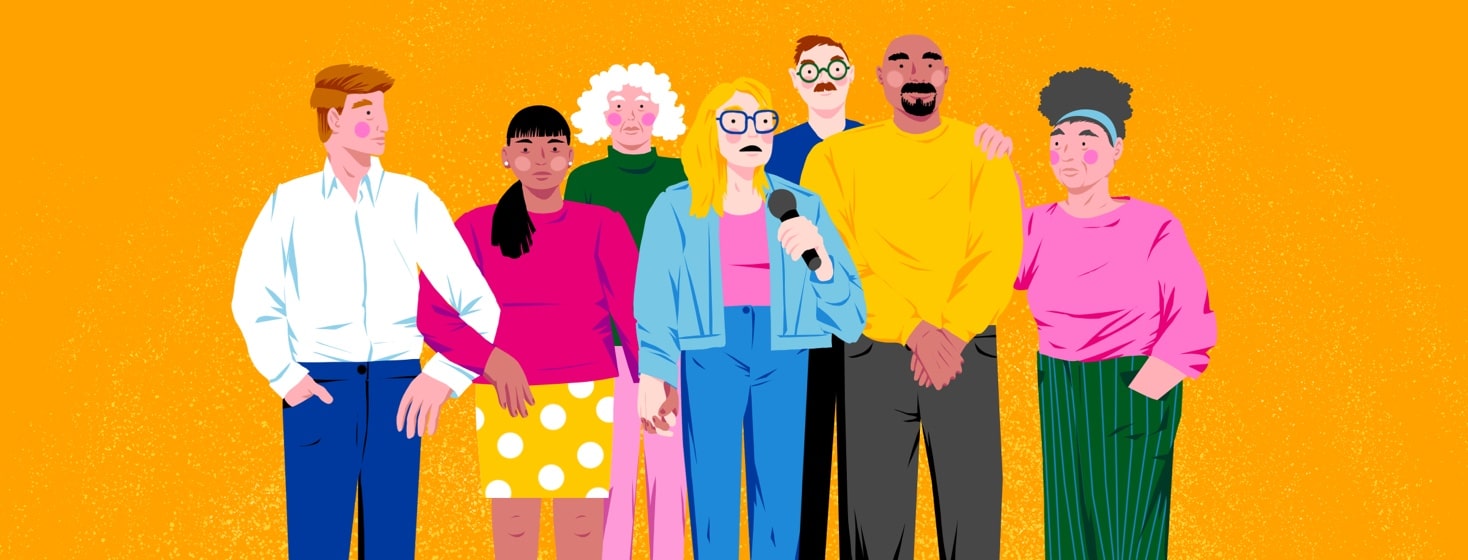The Hepatitis C Frontline: Changing Hearts and Minds
This article is the last part of the series: The Hepatitis C Frontline: The Struggles and Suggestions of a Support Worker in Helping Marginalized Persons Access Hepatitis C Treatment in British Columbia
Education + Advocacy + Visibility = The End of Stigma
I live in a small city. The Kamloops census documented around 90,000 people this year. In this small city, stigma is rife. Especially stigma around hepatitis C.
I have developed a simple formula for dealing with stigma: Education + Advocacy + Visibility = Reduction of Stigma.
The education piece was easy, as a worker in the hepatitis C field, I have access to the most current hepatitis C information available. Advocacy has always come naturally to me; I’m a helper and have always felt comfortable being the voice for those who can’t speak. I advocate in doctors' offices, in schools, in community organizations tirelessly. The last piece is visibility, and that was the tricky part.
Being 'one of those people'
I had to delve deep into my own personal feelings about being ‘outed’ as a person with lived experience of hepatitis C. It was an easy decision to choose to disclose my status of having lived experience. When I encounter hepatitis C stigma, I often hear that it is a ‘drug addict disease,’ or ‘I’m not one of THOSE people.’ Being able to counter those beliefs by identifying myself as ‘one of those people’ has actually changed the belief systems of some of my peers, coworkers, and other clients.
There is no specific face of hepatitis C. It does not discriminate. Hepatitis does not care about your family origins, economic stability, or social standing.
Part of the solution, not the problem
When I educate people on hepatitis C transmission and identify myself as being a person with a lived experience, I often get asked if I got it from shooting up drugs. The response I give to that line of questioning is, ‘Why does it matter?’. This usually does the trick in confronting people with their own stigmatizing beliefs and questions. Because, at the end of the day, it truly does not matter how many of us contracted this disease, it doesn’t affect the way the disease presents physiologically, all it does is reinforce stigma.

Join the conversation